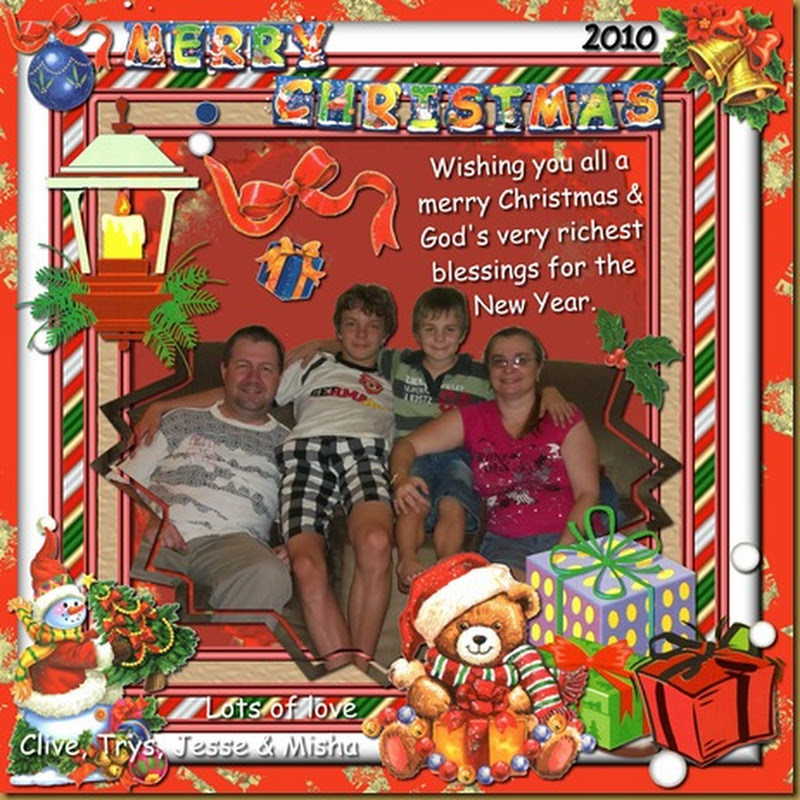Today we had another field trip to go with our Technology group recycling theme. We had the opportunity of visiting various Pikitup depots.
We met at the Robinson Deep Landfills Site and here we learnt that waste trucks are collecting waste from our homes return to deliver the waste at this site at a rate of 1,500 trucks per day. Johannesburg produces more than 1.4 million tons of waste for landfill every year. Every person in Johannesburg generates about 1.5kg of waste per day.
Informal recyclers recover much of this material from dustbins and landfill sites. This is not ideal, firstly from the point of view of the health and safety of the recyclers. But also because the recyclable material is contaminated with other waste. After recyclable waste has been removed each layer of waste is covered by a layer of sand. Judging by the size of this landfill and with these volumes of waste it is hardly surprising that we need to rethink our wasting habits.
The gasses emitted by the waste are harmful for the ozone layer and thus it is currently channelled & burnt to save the ozone. However, we learnt that these gasses can be converted into electricity. Although renewable energy is more expensive than the electricity created from fossil fuels, negotiations are under way to supply City Power with this energy in the near future.
From here we went on to the Waterval Depot where they deal with Separation at Source. Here a team of Pikitup employees awaited us to teach us more about recycling & the importance thereof.
Recycling involves the separation of reusable waste products into special demarcated recyclable bags or containers supplied by Pikitup and various organisations. These used materials are then processed into new products to prevent reusable materials ending up in landfill sites. It also helps reduce the consumption of raw materials, reduce energy consumption also reduces air & water pollution.
We also learnt more about the Waterval Area Recycling pilot project. We also leant the importance of all residents of the country to contribute in order to save our environment.
How can we recycle at home?
- Put normal household waste and food into black bins.
- Put rinsed uncontaminated plastics, glass, tetra packs, polystyrene cartons & tins into clear bags.
- Put paper, newspaper, magazines & cardboard into the special orange bags provided.
- Make compost from garden waste & other organic waste such as vegetable peels & leftover fruit.
- Take green waste to the nearest garden site.
We need to promote the 4 R’s of Recycling:
- Rethink ~ Before you throw something away, think if there’s any way it can be reused. Can the item be used for alternative purpose or can it be given to a charity shop or children’s home? By rethinking the way we see waste we can:
- see waste as a valuable resource
- put valuable materials back into the manufacturing stream
- save on raw materials
- create job opportunities.
-
- Reduce ~ If you don’t need it, don’t buy it and you’ll reduce the amount of waste you generate. By reducing & separating your waste you can:
- reduce pollution
- help save space in landfill sites
- help save the environment
-
- Reuse ~ When you buy something, choose a brand that has the least amount of packaging or the kind that can be reused, recycled or composted. Look for products that are earth-friendly. By reusing what we can, we help to:
- protect natural resources
- save money in households
- cut down the volume of waste produced
- encourage people to be creative with ideas to recycle waste
-
- Recycle ~ Look for products that are made from recycled material. If there’s a demand for recycled plastic products more plastic will be recycled and less will end up in landfill or polluting the environment. Recycling saves resources because less virgin material will have to be mined or grown, it reduces the effects of global warming & also helps to protect the environment.
- Plastic
- Plastic beverage bottles
- Household plastic bottles (shampoo, cleaning chemicals, pool chemicals etc.)
- Plastic shopping bags, black bags & shrink wrap
- Buckets & crates
- Polystyrene (disposible food containers like yoghurt, margarine, takeaways etc.)
-
- Glass ~ glass bottles (including alcohol)
- Cans ~ all cans & foil
- Paper ~ white paper, coloured paper, newspaper, magazines, cardboard, tetra pack, etc.
Four Good reasons to recycle, taken from the Treevolution website:
- Every metric ton of paper recycled saves 17 trees and uses 40% less energy, and 50% less water. If all household paper/cardboard were recycled 750 000 cubic metres of landfill space would be saved a year, saving local authorities R60-million a year in collection and landfill costs. The energy saved from paper recycling in a year is sufficient to provide electricity to 512 homes for a year. (Source: Paper Recycling Association of SA)
- Glass is 100% recyclable but it does not biodegrade. The raw materials for glass – sand, soda and lime – all have to be dug from the earth and melted together at very high temperatures. Energy is saved by recycling. The energy saved from recycling just one bottle will power a 100-watt light bulb for almost an hour. Every ton of glass recycled also saves 1,2 tons of raw materials. (Source: The Glass Recycling Company)
- Cans are 100% recyclable. They are melted down to make new steel. This reduces the need to mine new iron ore and saves on the energy used to mine and process it. More than 36 000 tons of high-grade steel is recovered for re-smelting a year. (Source: Collect-a-can)
- A total of 562-million PET bottles were recovered for recycling in 2007 alone. This removed 19 000 tons of plastic from landfill, but that was only 24% of the PET bottles made that year. Recycling a ton of PET containers saves 7,4 cubic metres of landfill space. And 19 x 500ml PET bottles can be recycled into enough fibre filling for a standard pillow. (Source: Petco)
Added to that, did you know:
- By recycling your daily newspaper every day forone year, you will save 7 trees.
- 1kg of plastic uses 91% less energy than recycling 1kg of paper.
- Glass can be recycled forever & never wears out.
- One recycled aluminium can saves enough energy to run a TV for 3 hours?
The Fairlands Garden Refuse Site was yet another eye opener to the volumes of waste that we are responsible for, much of which is recyclable. . This site accepts all kinds of waste, including paper, plastics, glass, metal & e-waste. With a little bit of effort every citizen can contribute to making this mammoth task just a little bit easier.
Pikitup has 42 garden refuse transfer sites in the City of Johannesburg & provides containers for the disposal of light garden waste at these sites.
These garden sites are presently filled to capacity. Pikitup, the City of Joburg’s waste management entity, is working on a plan to minimise the pressure at these affected sites. While this process is underway, the company implores residents to speak to the garden site attendant on duty, who will direct them to an available garden site at which residents are able to deposit their garden waste.
These facilities were created as a service to residents to facilitate a dumping area for the disposal of light garden waste. People often refer to these sites as a dumping ground, but the reason why they are defined as refuse transfer sites is clearly evident in the fact that refuse is disposed of into containers & transferred to a disposal site or a composting site.
Garden refuse is transferred to the Panorama Composting Site where it is converted into compost which is then sold at cheaper rates to the public. We visited this site & the Pikitup Composting Process was explained.
Compost is a mixture of decayed plants & other organic matter used for enriching soil. Almost any organic material is suitable for a compost pile. It does however, need a proper ratio of carbon-rich materials, or ‘browns” & nitrogen-rich materials, or “greens”. This is something that can also be done at home to reduce the volumes of garden refuse being dumped at the garden sites.
We all want to live in a clean, hygienic, litter-free environment. Litter destroys the environment, our health and it reduces the general quality of our lives. it is up to us to do our part to eradicate it.
Download Treevolution’s Beginner’s Guide to Recycling now to get started to doing your share for our environment. We’ve been at it for a few months now & although it can be quite a schlep to get started, once you’re into the swing of things it’s quite easy & the general waste is reduced quite drastically.































No comments:
Post a Comment